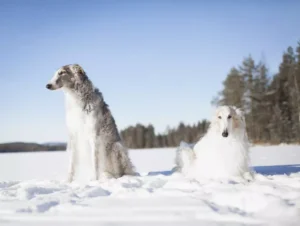
Pet tortoises make great companions, as they are quiet, cute and don’t shed fur – all traits many people value in a pet. However, tortoises have long life spans ranging from 50-100 years. Therefore if you take one on as a companion pet be aware that its care may outlive even you!
Behavior and Temperament
Most tortoises are generally peaceful animals that tend to remain shy unless two male tortoises are placed together in an enclosure together, whereupon they could potentially become aggressive towards each other and even attack each other, potentially causing serious injuries to both.
As adults, most tortoises are too large for humans to handle safely; therefore, any excessive handling should also be avoided when they’re younger as this could cause stress that eventually leads to illness in them.
Pet tortoises may seem like the perfect companion, but their longevity may prove daunting for some people. Larger tortoises like Sulcata species can live for 80 years and should have a plan in place for their care during old age – just be sure it includes you too!
Tortoises require large enclosures in which to live; due to this need, pet tortoises are best suited to living in areas with milder climates.
Dependent upon their temperature of origin and your area of residence, pet tortoises may need to come inside for the night or during cooler weather; providing indoor housing may prove challenging with larger species requiring special conditions in which to hibernate1.1
When building an outdoor pen for your tortoise, be sure that its foundation is strong and that any fences buried are secure enough to support their burrowing activity. Tortoises can be quite strong animals; therefore flimsy enclosures won’t stand a chance against their strength for very long.
Tortoises can climb surprisingly well, so they may require a roofed pen for protection from predators (including dogs) as well as no dangerous plants in the pen or sharp objects that could accidentally be consumed by them. Furthermore, it’s very important that their enclosure keeps predators ( including dogs ) at bay, including poisonous ones like poisonous plants; provide shallow water only and no sharp objects or small non-edible objects that might accidentally get in.
Tortoises should avoid climbing steps and other obstacles as this could cause them to tip onto their backs, potentially injuring themselves in the process. Furthermore, most pet tortoises require shelter outdoors such as a dog house (many owners even heat these).
Food and Water
Tortoises make fascinating pets, though their size and diet can present unique challenges. Diet varies based on species; all pet tortoises require quite a variety of foods that meet both roughage requirements as well as calcium/phosphorus balance requirements for proper growth and health.
Some species of tortoises have ravenous appetites and require plenty of food daily; therefore, when considering owning one as a pet it is essential that one factor in both daily food preparation time and costs associated with feedings a tortoise as a pet.





